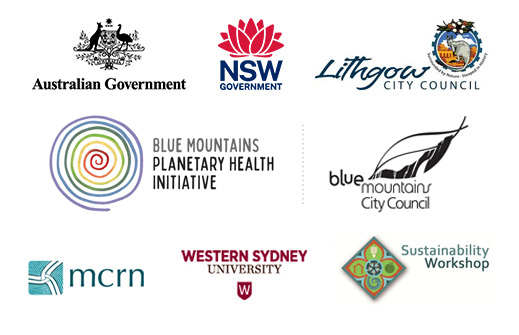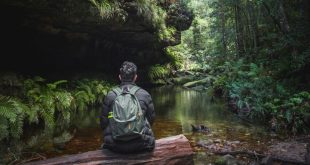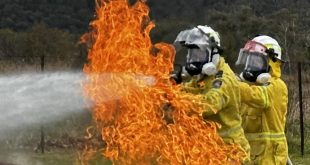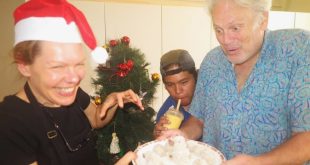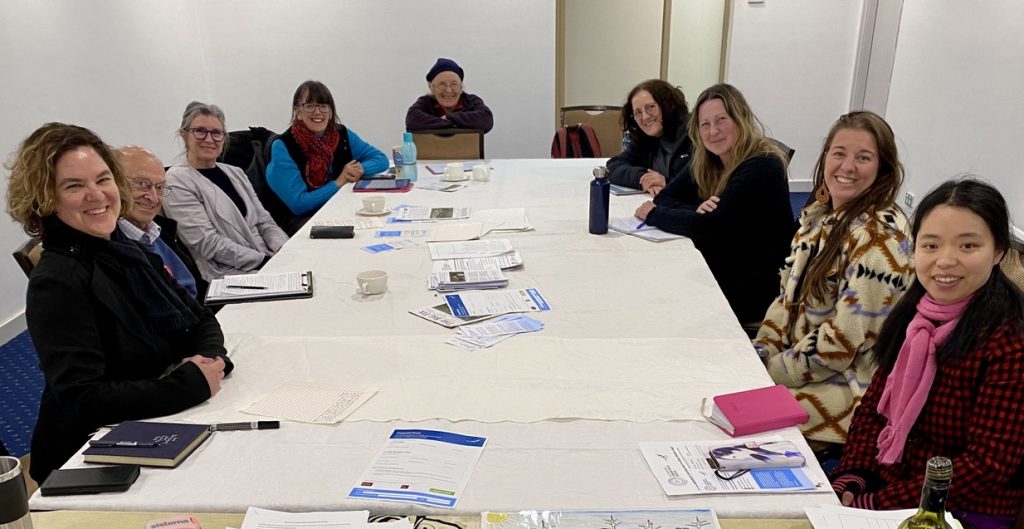
Participants in the Blue Mountains Planetary Health Initiative’s Solutions Storytelling Workshop
By participants of the Blue Mountains Planetary Health Initiative’s Solutions Storytelling Workshop
Cultural anthropologist Margaret Mead once famously said: “Never doubt that a small group of thoughtful, committed citizens can change the world; indeed, it’s the only thing that ever has.”
Last Saturday, in the Planetary Health Initiative’s Solutions Storytelling Workshop, a small group of ‘thoughtful committed citizens’, from Council and the wider community, analysed the many challenges facing the Blue Mountains and the planet, and discussed the powerful role storytelling can play in inspiring and assisting people to change our culture and tackle these challenges.
Workshop participant, social ecologist Professor Stuart Hill talked about writing stories to “make health contagious” and to inspire curiosity about systems that can create person to planet wellbeing.
Key stories in our lives form our beliefs and values, which then drive our actions. These actions determine the future of our planet. We considered the stories that influenced our own beliefs, and the stories that are changing our feelings about the future. We looked at how recent journalism movements are calling for more balance in reporting, so that problems are presented within a framework that also offers a way forward for communities by sharing solutions that can be replicated. These movements include Constructive or Solutions Journalism, Responsible Storytelling and Peace Journalism, and are the inspiration behind the stories the Planetary Health Initiative is sharing on its Local News Platforms.
Camille Walsh described the experience as “sitting in a little room in a little town in one little corner of the world, exchanging ideas and finding hope.”
Stories can inspire feelings like hope. Feelings that profoundly influence us, can also become the defining stories of our lives.
In considering the feelings behind a defining moment in her life, Camille recalled moving “from the North West slopes of NSW with its dust and parched earth” to The Channon in the Northern Rivers where, as a small child, she witnessed the commencement of logging in the Terania Forest. She recalled the division amongst locals “as the age-old debate bubbled over – what should we be fighting for: the economy and the workers, or the environment?”
“I remember one afternoon, after a trip down to the local shop in the heart of the village, watching the logging trucks rumbling past, with felled timber strapped onto trays at the back. I didn’t understand the politics of what was erupting around me but in that moment something stirred within me. It was a sadness and a profound, visceral feeling that what was happening was wrong.”
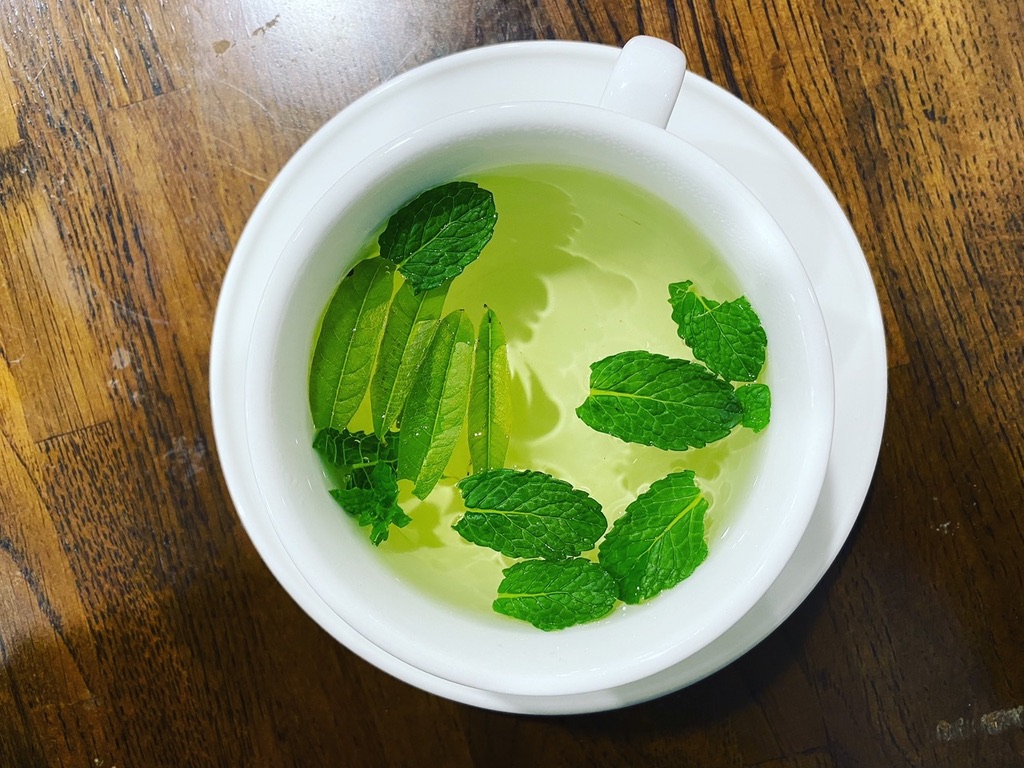
The cup of tea connects me to an understanding of how much nature gives to us and a reminder that we need to nurture her. She doesn’t really ask for much but gives so much to us. Nature’s systems are complex but also delightfully simple and the opportunity for connection is ever present if we choose to open our hearts to it. (Camille Walsh)
Carla Billinghurst talked about feeling overwhelmed – by work, renovating, studying, writing, coping with health issues and having no time. A main source of her overwhelm is that she’s clearing up after building a house and has way too much STUFF. She’s determined to recycle it but needs a better system for things she knows how to recycle AND a way to easily find out about recycling difficult items like old shoes that are too worn for anyone to wear. Her problem led her to think of how to make it easier for others to recycle a confusing array of different things. One thought led to another which led to thinking about different types of Artificial Intelligence, and how ‘AI’ doesn’t always pose a terrifying threat. She thought about, for example, weather sensors which can track air pollution and help identify patterns and predictions for environmental change. She then wondered if she could create an AI to help people recycle.
Stories lead to actions.
Taking a systems thinking approach we brainstormed the critical problems and threats of our time, identified the causes and then saw how surprisingly interlinked these all were. We identified some of the stories that are leading to the destruction of our planet– including the story that we, as a species, are separate from, and superior to, the rest of the natural world; and the story that it’s possible to have unlimited growth on a finite planet.
We were able to break down what felt insurmountable into smaller ‘chunks’ that felt easier to tackle – and that inspired a flood of story ideas that would be worth sharing from within our communities.
Sarah Dillane’s notebook documented how she felt before and after the workshop:
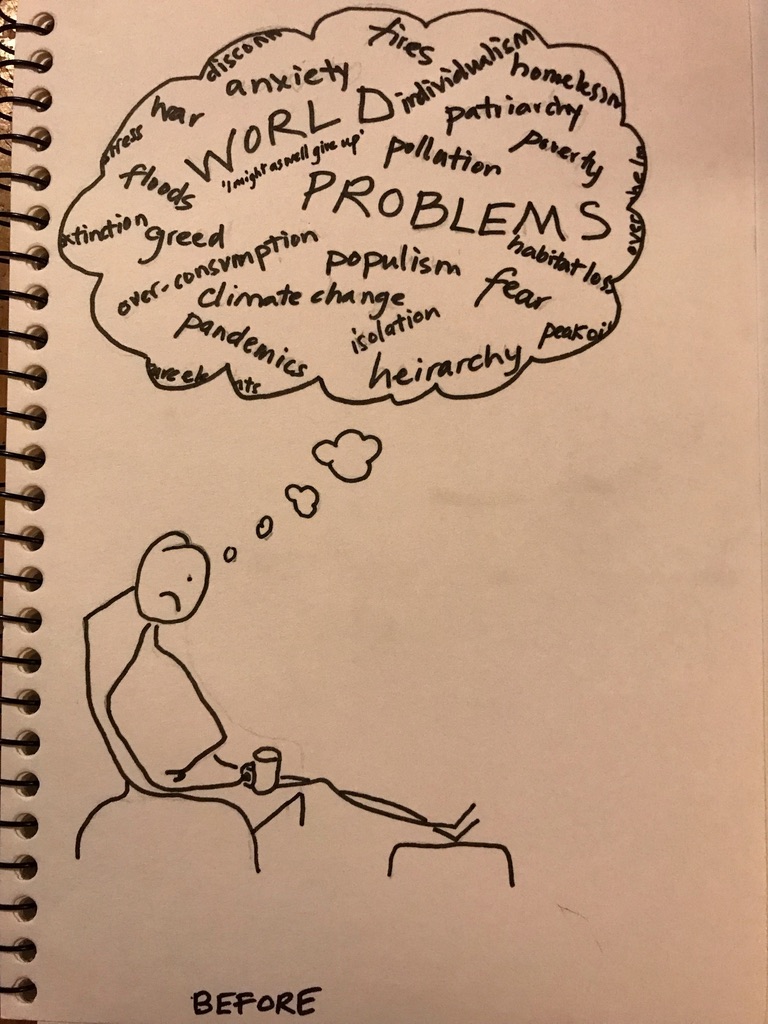
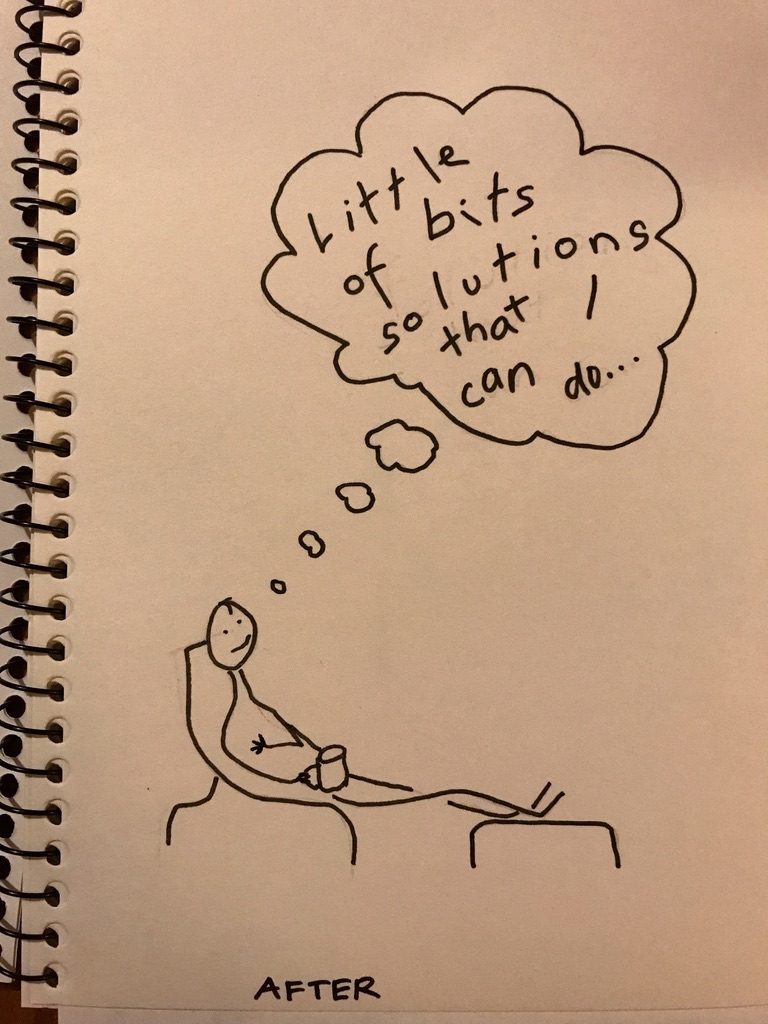
Before and after drawings from her sketchbook (Sarah Dillane)
Xi Xiao, who is fascinated by Utopian visions of the world, and is keen to write about them, found the workshop “a rare opportunity to see other people on a similar quest.” She sees the Blue Mountains Planetary Health Initiative as “a beacon of hope for humanity and the natural world.”
And Professor Stuart Hill spoke for us all when he urged readers to share their stories with the Planetary Health team: “We would most like to be listening to and asking questions about your precious stories. To invite you to share these, we are collaborating to share this story that we’ve collectively written today.”
Our next workshop will be a Free Video Storytelling Workshop with Kalani Gacon on Saturday 19 August. Find out more information here
If you’d like to join our volunteer team and suggest, share or write a story for our Local News Platforms, send your ideas to [email protected]
The tree against the blue, blue sky to me symbolises finding beauty and hope in what otherwise might be perceived as a lost cause. The tree is still so majestic, even when bare and is a reminder of the cycle of nature – the essential period of Wintering that comes before life bursts forth in Spring. It also makes me think of incubation and is somewhat representative of what we all doing yesterday, gathered together, forming ideas and sharing stories and perspectives, laying the ground work for the creation of something fabulous! (Camille Walsh)
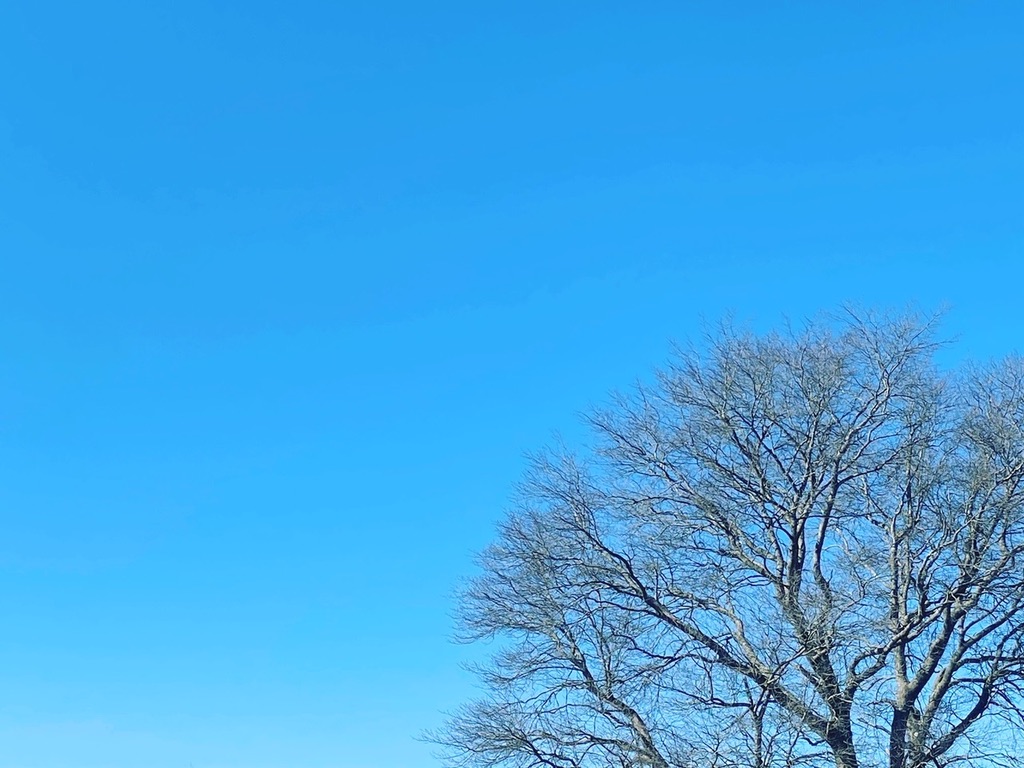
This story has been produced as part of a Bioregional Collaboration for Planetary Health and is supported by the Disaster Risk Reduction Fund (DRRF). The DRRF is jointly funded by the Australian and New South Wales governments.
